
The Reading Corner
Some of the best books I’ve ever read were recommended to me by friends. Sure, I love wandering through bookstores for hours on end searching for new authors (and old ones), but it’s often just that—a wander. A good title, a catchy back-cover, a rave review … although important, they don’t always mean I’ll like the book.
So, when someone I know and trust recommends a book or an author, I almost always pick it up. More often than not I’m glad I did, and quite frequently I’m delighted to have a new crop of books to plow through. Thus, below you will find a smattering of titles—fiction and non-fiction—that I would recommend if we were chatting over coffee or a drink.
Fiction
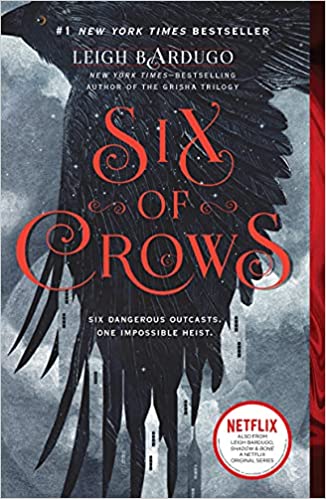
This is a great book and series! It’s connected to the broader Shadow and Bone world that Leigh Bardugo has created, and which is now on Netflix and how I first learned about the books–excellent series, by the way. This book, Six of Crows, has this captivating blend of adventure, magic, 19th century Europe backdrop, great characters you root for, and excellent writing In brief, you follow a diverse crew of honorable thieves as they attempt an impossible heist. At times it’s nail-biting, and at others you get to see their hopes, fears, dreams, and faults that make them who they are. It was a fun and exciting story, and I can’t wait to read the other books in the series.
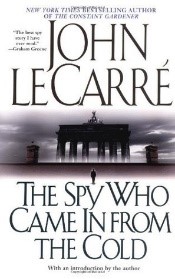
This is one of John le Carré’s most well-known novels and it firmly established him as one of the best writers of spy fiction. Without giving away the plot, it’s about a British spy sent to East Germany as a double agent to orchestrate the demise of a top Stasi officer who had plagued British operations for years. It’s a compelling story that will get your heart rate going. Stepping back from this specific novel, for all of le Carré’s books I like to read them in as few sittings as possible. With his heavy yet realistic dialogue, subtle scene descriptions, and intricate plot lines and twists, I have found the best way to catch all the nuance and complexity is to not put the book down. I will admit that I am partial to le Carré’s earlier work (Cold War era), but he continues to write great fiction in a post-Soviet world.
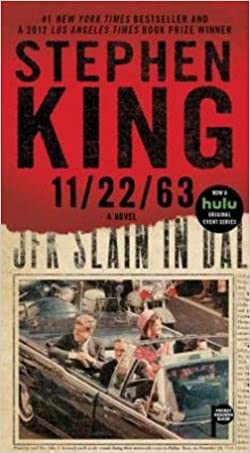
Admittedly, I didn’t start reading Stephen King until I was an adult (except The Eyes of the Dragon, which I read in sixth grade), but I’ve been plowing my way through his stuff ever since. I found 11/22/63: A Novel to be exceptional, which is despite its intimidating page count coming in at over eight hundred! Once you crack the cover, you’ll follow Jake through a mind-bending experience as he travels back in time to a period right before the Kennedy assassination, and then his efforts to thwart it. As always, King delivers complex and layered characters you want to follow. For anyone trying to hone their character development skills, reading Stephen King does wonders.
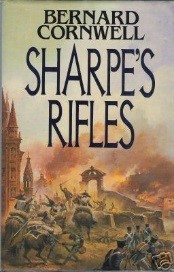
Bernard Cornwell is one of my favorite authors and his Sharpe series is one of the best when it comes to historical fiction. These books take place during the Napoleonic Wars and follow the exploits of Richard Sharpe—member of the 95th Rifles, leader, rogue, warrior. Cornwell delivers keen historical accuracy, gripping narratives, and expert prose as you fight alongside Sharpe through the turmoil of Europe at war. For anyone interested in historical fiction and at all a fan of the imperial era, I highly recommend the Sharpe series.
Non-Fiction
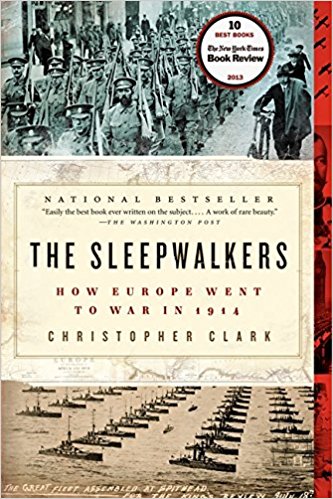
Of all the books that came out around the centennial of WWI, I found Christopher Clark’s work to be the most comprehensive and compelling about the origins of the war. With a thorough examination of the numerous facets and nuances of the European and international system leading up to 1914, Clark offers a fresh argument that causes us to think differently about how the great powers went to war. Oversimplifying the issues, Clark acknowledges the marshal culture of Germany and the imperial ambitions of the Kaiser, but also gives significant weight to the 1907 change in the European alliance system. In short, before 1907 the powers were relatively balanced (Germany was on decent terms with Russia and Great Britain kept her distance from Continental entanglements), but after 1907 Germany was essentially surrounded with a reinvigorated Franco-Russian Alliance and a more assertive Great Britain. Of the most recent scholarship about WWI, this is a must-read.
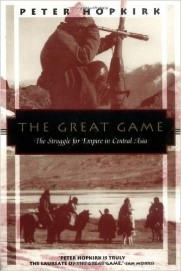
The Great Game: The Struggle for Empire in Central Asia is one of my favorite books of all time. Peter Hopkirk delivers a riveting narrative about the competition between Victorian Britain and Tsarist Russia during the nineteenth century in Central Asia (what is now India, Pakistan, Afghanistan, and Iran). In many ways, the book reads like an adventure novel as you follow the exploits of spies and explorers, but do not think for a moment that Hopkirk’s account is anything but historically accurate. Interestingly, I read this while in the deserts of Iraq in 2003. My copy is still a little dusty.
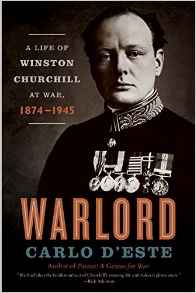
Most biographies of Winston Churchill employ a political and diplomatic lens to examine one of Britain’s greatest leaders, but Carlo D’Este offers a fresh perspective by approaching Winston Churchill through military history. Following him through his childhood to service in the Boer War, through WWI, and as Britain’s war-time Prime Minister during WWII, readers see how he developed as a man and a leader. What makes this work compelling is the focus on Churchill’s experiences in war, which sheds an interesting light on his political and diplomatic dealings. Although the book is quite daunting (800+ pages), it’s a good read for anyone interested in the era and one of history’s most controversial figures.
Books on Writing and Editing
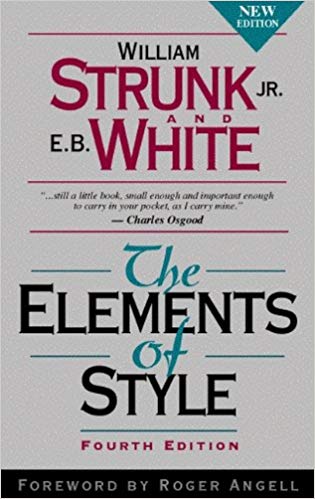
Strunk and White’s The Elements of Style is perhaps the most useful book for the principles of basic grammar and style for the English language. It’s a clear, pithy, informative, and highly amusing read. If you’re on my website, I suspect you’re familiar with it and probably referred to it a time or two. If you haven’t read it and you are a writer, I encourage you to get a copy today. You won’t regret it.
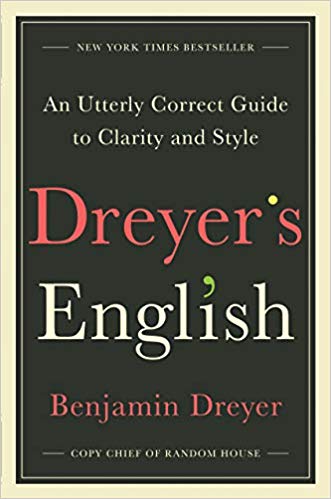
If you like Strunk and White, you’ll love Dreyer’s English. Written by Benjamin Dreyer, the current copy chief at Random House, he packs over three hundred pages with essential comments on the English language, which he laces with a wit that proves masterfully entertaining. Every writer and editor should read this book, and I keep my copy on my desk right next to my Strunk of White and The Chicago Manuel of Style.
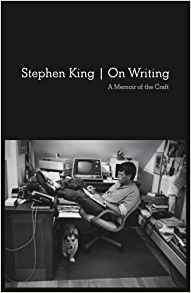
Whether you’re a fan of Stephen King or not doesn’t matter; he’s a brilliant writer and a master storyteller. In my opinion, his book On Writing is a must-read for any aspiring novelist. Mixed in with witty commentary about his life and career, King illustrates the craft of writing suitable for all levels. He shows you how to write engaging descriptions, flesh out your characters, edit your work, and how and why to break the rules. I’ve read this book twice, and probably will a few more times in my life.